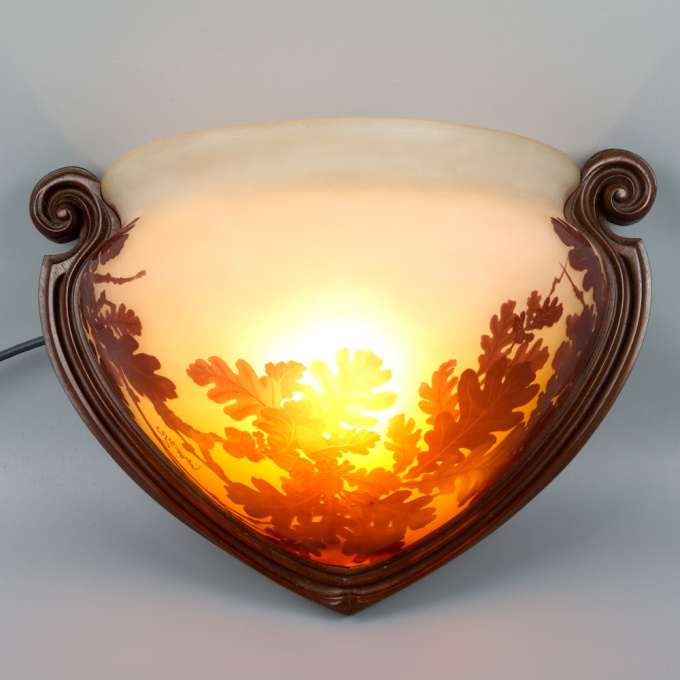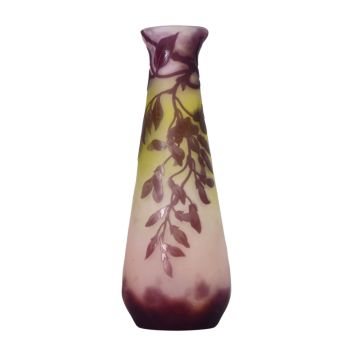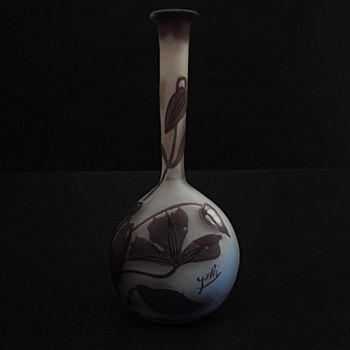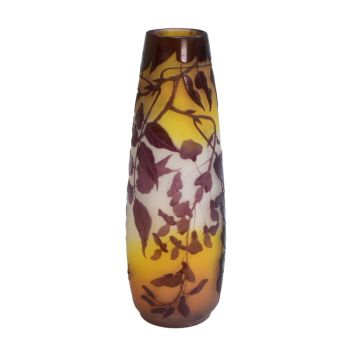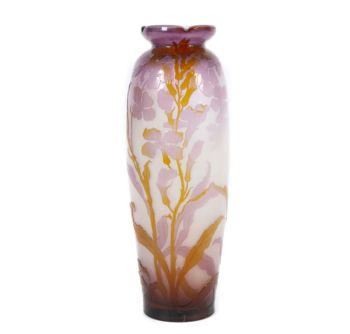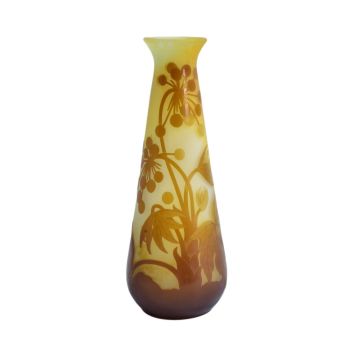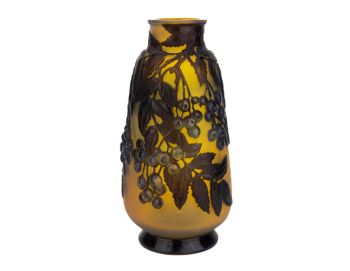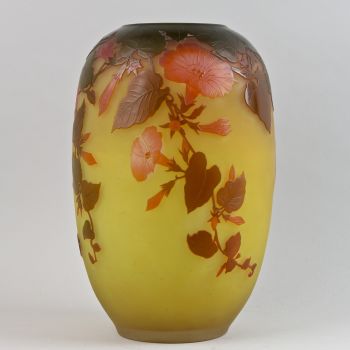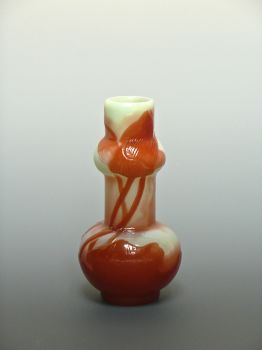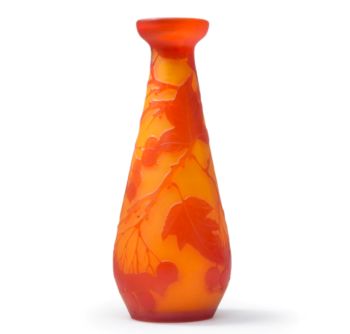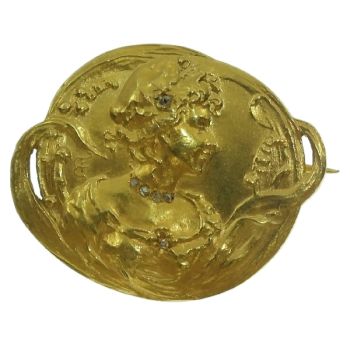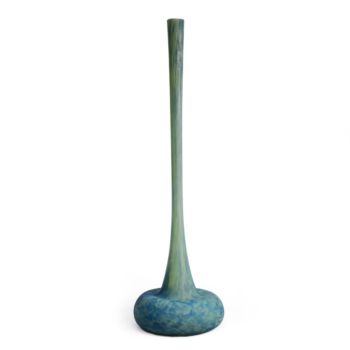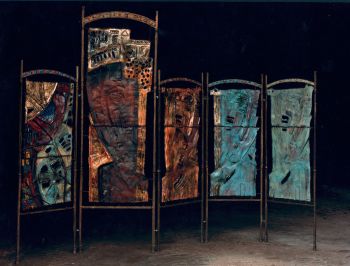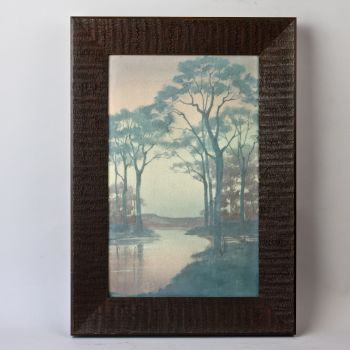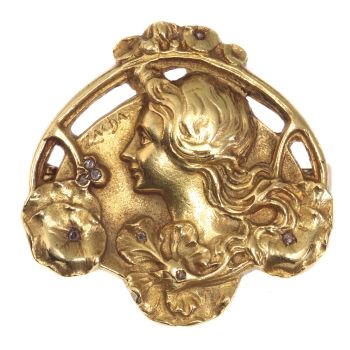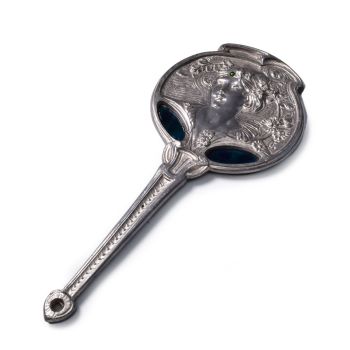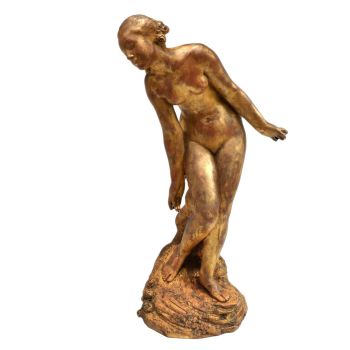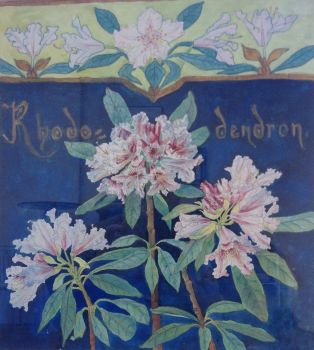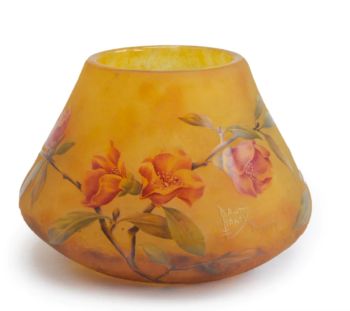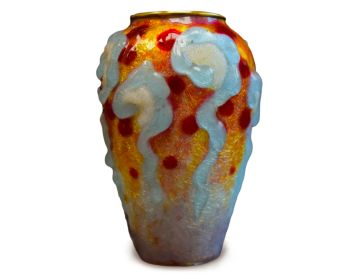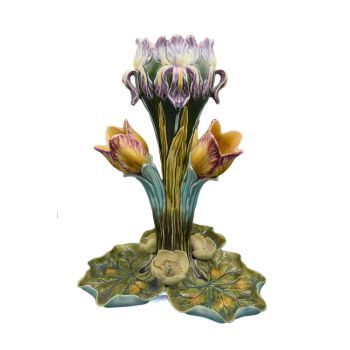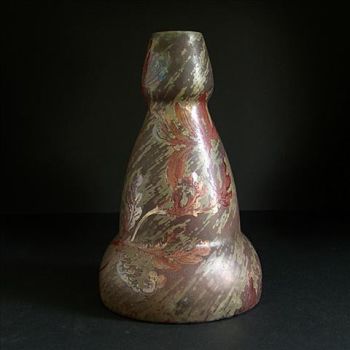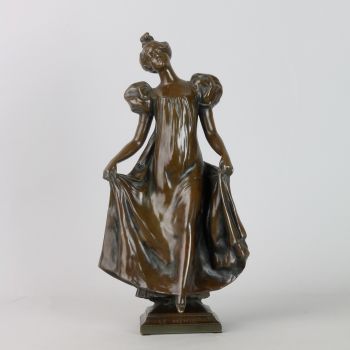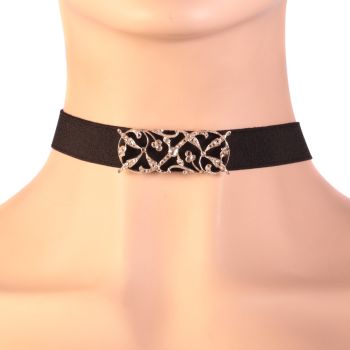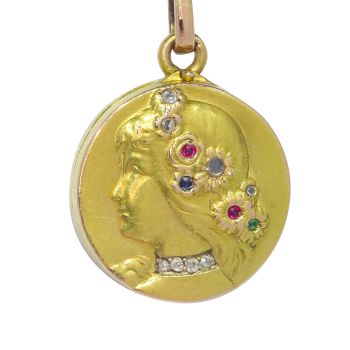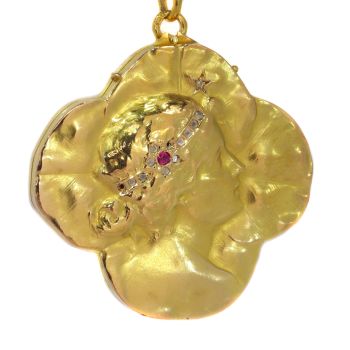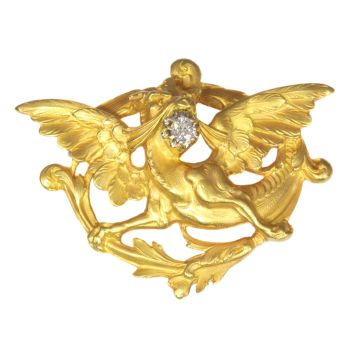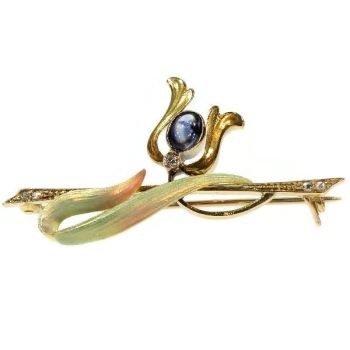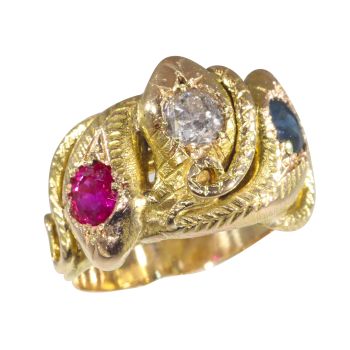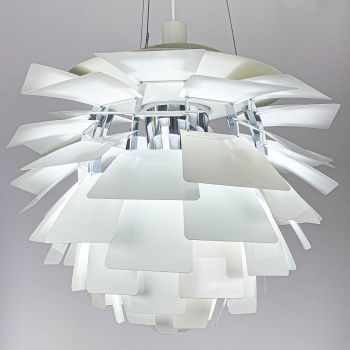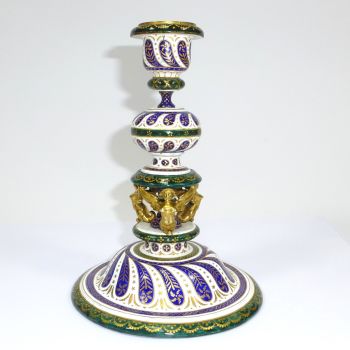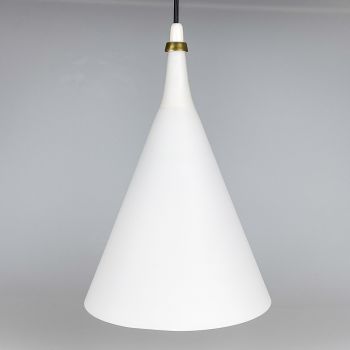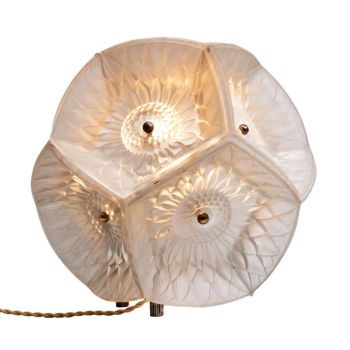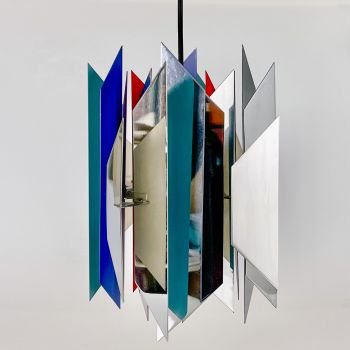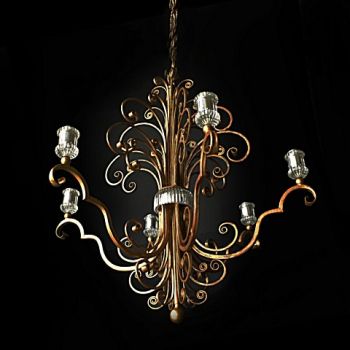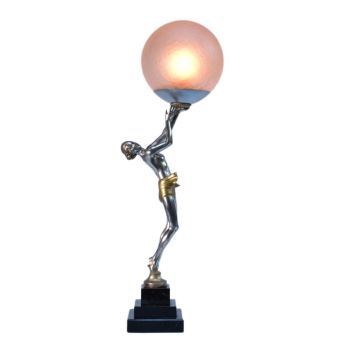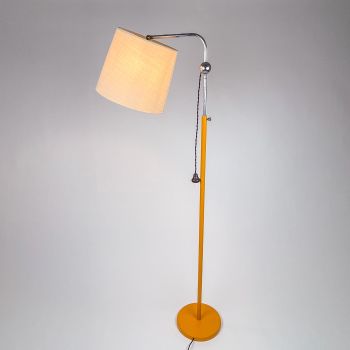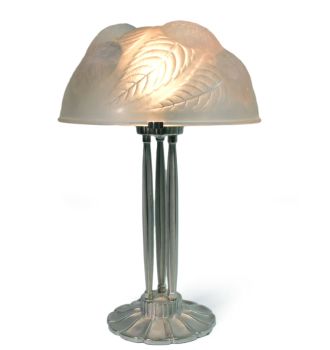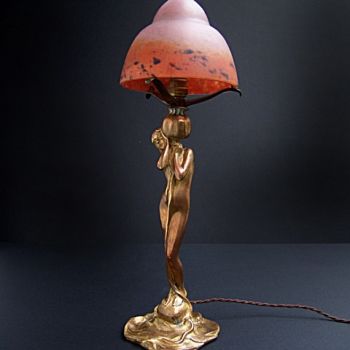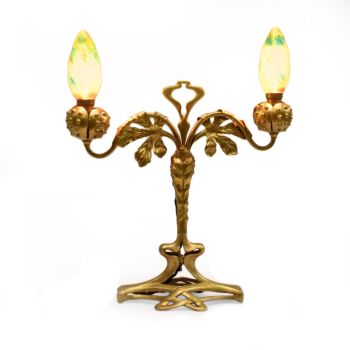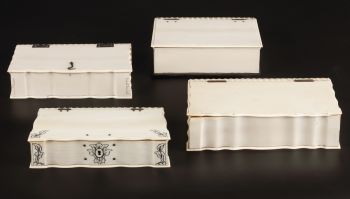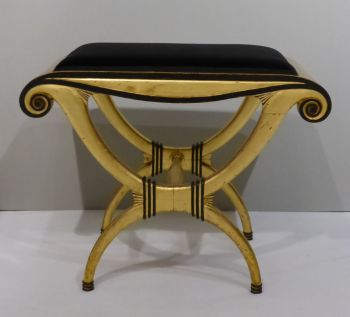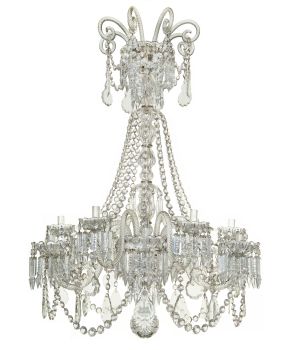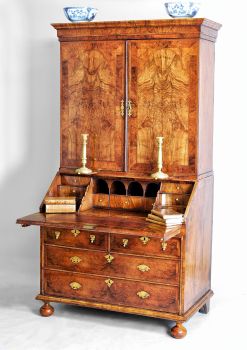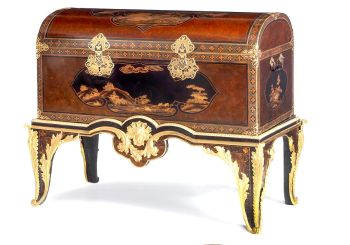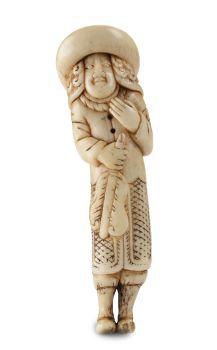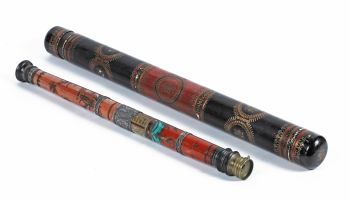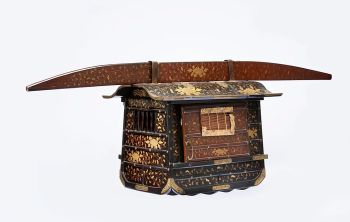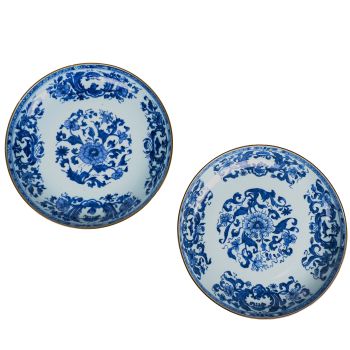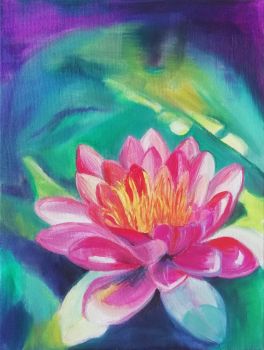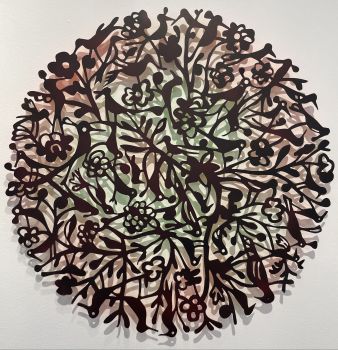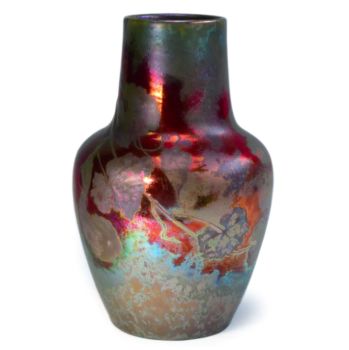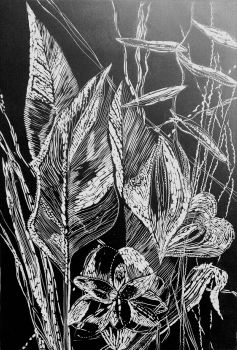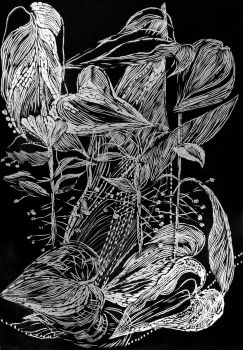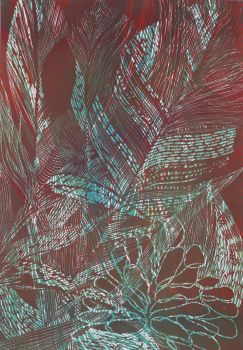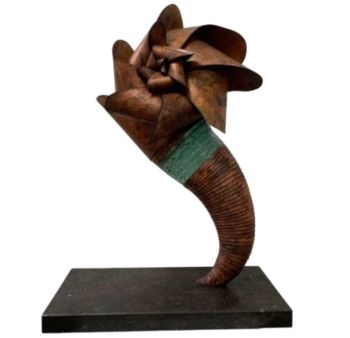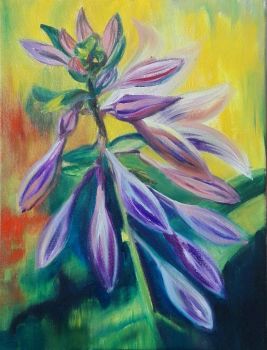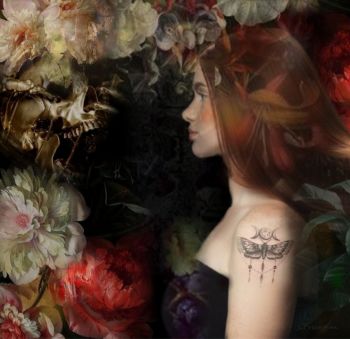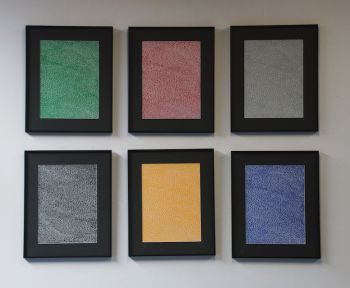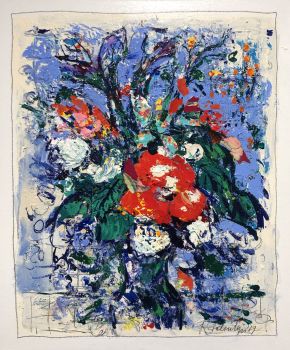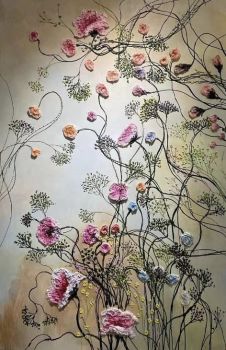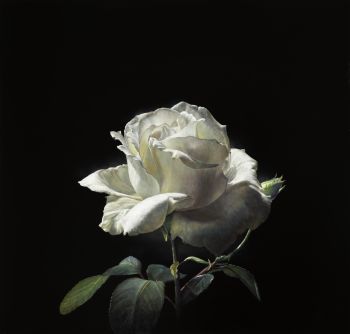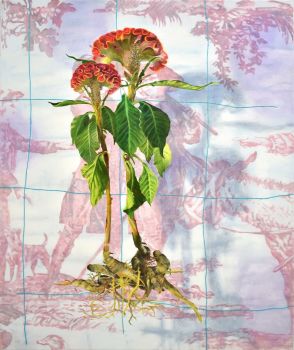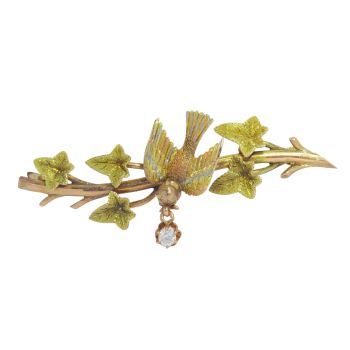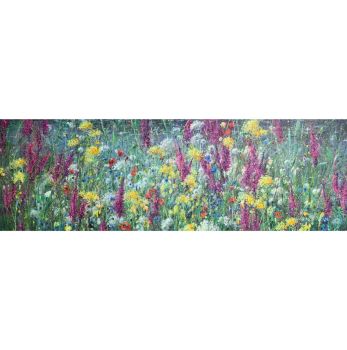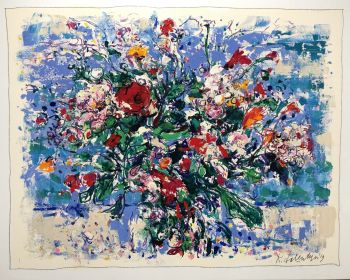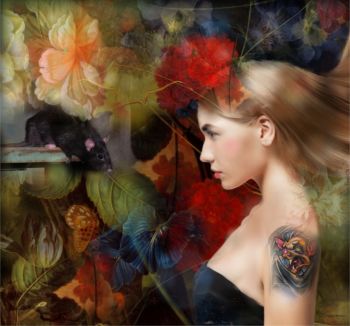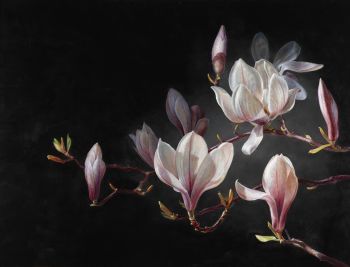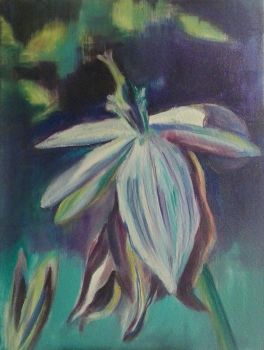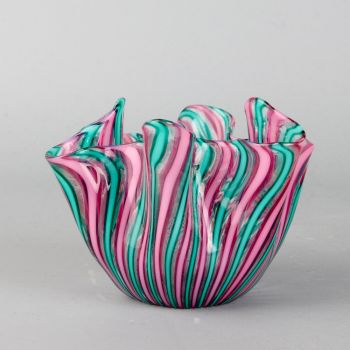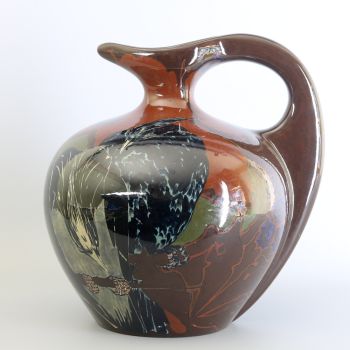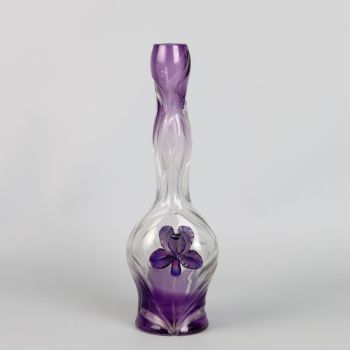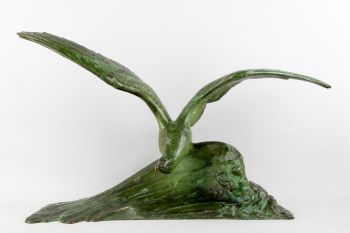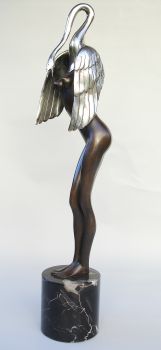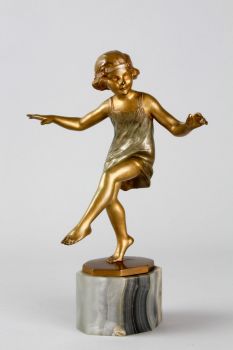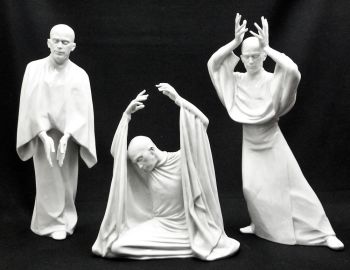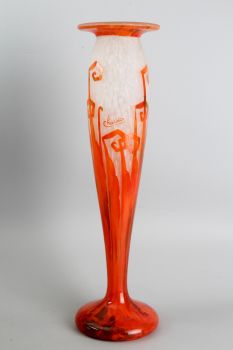Chênes wall lamp Gallé 1920
Emile Gallé
27.50 ⨯ 38 cm
ConditionExcellent
€ 4.500
Passage Arts
- About the artworkRare Gallé wall lamp with wooden Art Nouveau frame, etched decoration of acorns and oak leaves. The lamp is in excellent condition and original.
- About the artist
Emile Gallé was a French artist in glass, wood and ceramics. After several apprenticeships in various European cities, Weimar and Meisenthal amongst others, Emile Gallé became a partner at his father’s glass and faience decoration business in 1867.
Ten years later, he took over the family business and extended its activities to cabinet making in 1885. Previously acknowledged at the Clay and Glass Exposition in 1884, Emile Gallé was honored at the 1889 Paris World Fair with three rewards for his ceramics, glasswork, and furniture. Unfortunately, and to the great regret of Emile Gallé, ceramic work was no longer popular amongst the public, thus he oriented his focus to glasswork, a domain in which he developed and created new fabrication procedures. His research lead to the registration of two patents in 1898, one of which concerned the glass marquetry and the other on glass finish.
His work expresses throughout multiple references his diverse interests, in which nature plays a dominant, but not exlusive, role. His patriotic and political commitments were best expressed at the Paris World Fairs of 1889 and 1900 in such pieces as The Rhine Table (which calls for the return of Alsace-Lorraine to France) and the spectacular installation of The seven pitchers Marjolaine (for the rehabilitation of Dreyfus).Involved early on in the renewal of decorative arts, Emile Gallé distributed in his French, German and English warehouses quality mass-produced work thanks to the industrialization of production. In 1901, he was the founder and the first president of the Ecole de Nancy, the Alliance Provinciale des Industries d’Art.
Are you interested in buying this artwork?
Artwork details
Related artworks
- 1 - 4 / 10
- 1 - 4 / 24
Unknown artist
A COLLECTION OF FOUR SRI LANKAN IVORY BIBLE BOXES18th century
Price on requestZebregs & Röell - Fine Art - Antiques
Unknown artist
A Dutch colonial Indonesian betel box with gold mounts1750 - 1800
Price on requestZebregs & Röell - Fine Art - Antiques
Unknown artist
A MARINE IVORY NETSUKE OF A DUTCHMAN HOLDING A CHINESE FAN18th century
Price on requestZebregs & Röell - Fine Art - Antiques
Unknown artist
A JAPANESE MODEL OF A NORIMONO, A PALANQUIN1650 - 1700
Price on requestZebregs & Röell - Fine Art - Antiques
1 - 4 / 24William Rosewood
She Loves Me, She Loves Me Not2019 - 2020
Price on requestGalerie Mia Joosten Amsterdam
1 - 4 / 24- 1 - 4 / 12

